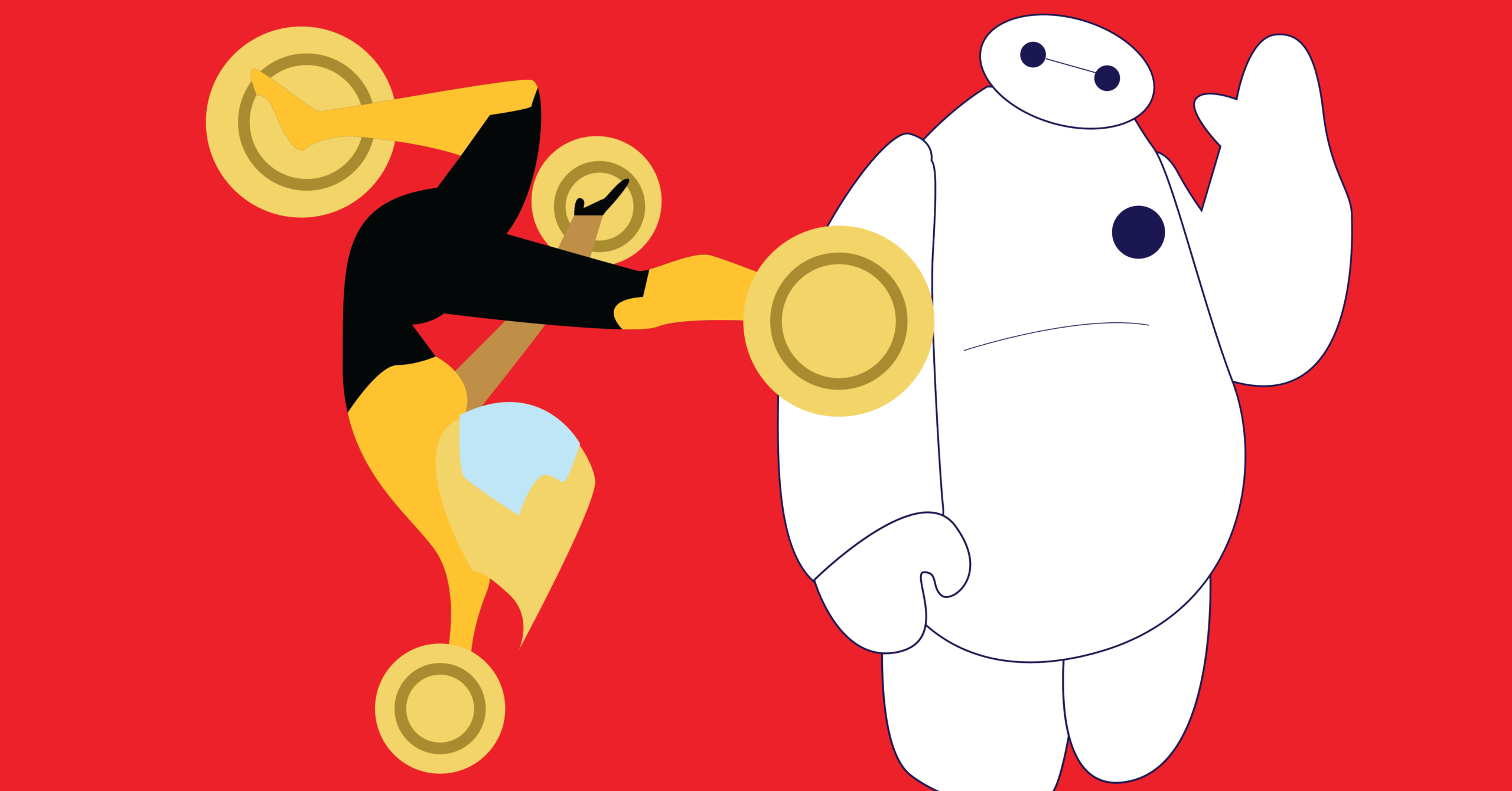The underrated phenomenon that is women in STEM
Women in STEM shouldn’t have to face the challenge of imposter syndrome.
I’ve picked up this habit since my first year of undergrad: whenever I walk into a new computer science lecture, I count how many cis-presenting women I can spot. Now I’m in fourth year and the numbers remain the same. Most times I only need one, maybe two hands to count all of them—myself included. It’s become an unconscious tick, but why do I do it? Maybe it’s the need to see myself in others. Maybe it’s just the desire to know I belong.
It’s 2024 and being a “Woman in STEM” is gaining traction, but what does it actually mean? We’re always told to break the glass ceiling, to exceed expectations, to stand out, despite a patriarchal society. But no one ever talks about what internal conflict it can bring or the potential isolation that comes with it. As glamorous and as romanticized as it seems to be a woman in STEM, it’s hard. But we have nothing to complain about, right?
Imposter syndrome is defined as “the persistent inability to believe that one’s success is deserved or has been legitimately achieved as a result of one’s own efforts or skills.” While not exclusive to women, it seems to be our default. It comes from the deep sense of alienation and the fear of making a mistake. An underlying doubt about whether we deserve to belong here or not. It comes with the territory of always hearing “Founding Fathers of Science” and never “Founding Women.” It comes from knowing we’re not the first thought when someone is asked to picture a doctor or engineer. But it doesn’t stop there.
On top of the imposter syndrome and self-doubt, there’s a heavy weight pushing down on our shoulders, a pressure to succeed and to prove that those who came before us were right in fighting for our chance. How can we let down Marie Curie, Mary Jackson, Hedy Lamarr, Ellen Ochoa, all those whose names were not credited, and every other woman that fought for us to have a place in our fields? They had to overcome injustice, violence, and every condescending response when they demanded for the right to exist in these spaces. They had nothing, which in comparison means we have everything.
There’s an unspoken expectation to be strong, perfect, and never need help. We have their legacies to uphold from the moment we choose to follow in their footsteps. However daunting these thoughts may seem, they’re not part of every story. I am not here to speak for every woman. Some sciences have large communities of women. For others, devoting energy to reflecting on these struggles may feel like a privilege compared to other challenges in their lives. Everyone has their own personal battles, whether fueled by race, background, or gender and sexual identity. There’s a story behind every one of these women in a STEM class.
It’s easy to fall down this rabbit hole of negativity, swallow ourselves in a pity party, but being a woman in STEM, despite its hardships, is a beautiful thing. It is an opportunity to put a voice out into the world and a chance to celebrate. While all women don’t share the same experiences of doubt or mountains to climb, we all share the same pride.
So, let out that breath you’ve been holding in. We’re women in STEM! Cis, trans, non-binary, female-identifying, each and every one of us! We’re doing what was impossible less than a century ago. We’re allowed to sweat, cry, and get frustrated because it is hard. It’s meant to be hard. No one said rocket science was easy. Let’s remind ourselves that we’ve made our place here, where we can struggle, learn, grow, and make every woman that came before us proud by simply just existing. It’s easy to forget your achievements, a common trait in university students, but historically and statistically more prominent in women. But just take a look at the women in our very own university. We have future doctors, engineers, psychologists, mathematicians, and scientists walking among us.
Here’s to all the little girls that took things apart just to put them back together. Who watched How It’s Made videos obsessively. Who debated mercilessly. Who had stars in their eyes when they watched Big Hero 6 for the first time. Who made mixtures of shampoos in the shower. Who walked around a hospital in awe instead of fear. Or even those who had no interest in anything STEM-related until later in life. To all those who built and learnt, and tried and failed, but still got right back up. This one’s for you. Let us continue to prove the ignorant, and history, wrong. Happy International Women’s Day!

